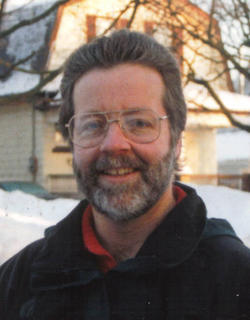 A brilliant "locked room" classic!
A brilliant "locked room" classic!"The Mysterious Affair at Styles" might be the locked room mystery that holds down honours for being the novel in which Agatha Christie introduced Hercule Poirot to a grateful reading public. But it is "Murder on the Orient Express" that showcases a confident, polished Hercule at the height of his powers. Standing tall beside Sherlock Holmes and Auguste Dupin, Poirot is arguably the most widely read and best known detective in literature and "Murder on the Orient Express" is certainly one of the finest examples of the mystery genre. In a brilliant variation of the typical British drawing room mystery, Christie places her cast of thirteen suspects together with the victim and Poirot on the Orient Express en route from Istanbul to Calais.
Mr Ratchett, an unsavory looking man who obviously has some dark secrets in his past, approaches Poirot as the train leaves Istanbul with the offer of a very fat fee asking for his services to help protect his life from enemies he knows are out to kill him. Poirot, seeing this as a very uninteresting exercise from a cerebral point of view, politely declines. But when the train is stopped in its proverbial tracks by a huge snow storm and Ratchett is killed in his locked berth, stabbed no less than twelve times, Poirot is pressed into service to solve the case by his long time friend Bouc who is also a director of the corporation that owns the train.
Through the simple process of gathering clues by interviewing the thirteen suspects - a wildly disparate lot that in modern terms would almost certainly be referred to as a "motley crue" - Poirot employs "the little gray cells" and intuits a positively brilliant solution. In that time honoured literary tradition of gathering all of the suspects into a single room, a somewhat less than humble Poirot puts on a flashy show of summarizing the case and revealing the identity of the perpetrator in a brilliant twist that only Poirot could fathom and only Dame Christie could create.
There is nothing about "Murder on the Orient Express" that does not deserve high praise - dialogue; the hilarious mis-translation of idiomatic French into spoken English; the less than subtle but accurate use of class distinctions and behavioural stereotypes unique to different nationalities; characterization; colourful narrative description; plot; suspense; red herrings; and, of course, a brilliant solution that deftly ties up every conceivable loose thread. And all of that is in an all too short package that can be read in the brief space of three or four thoroughly enjoyable hours. Read and enjoy, pass the book onto your best friend but, for goodness sake, keep your lip zipped about that brilliant ending!














